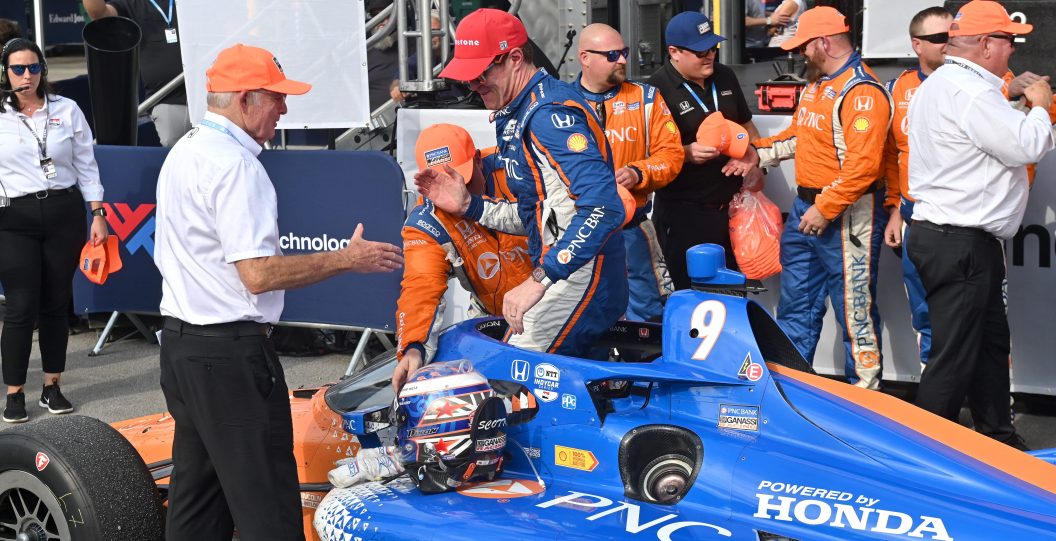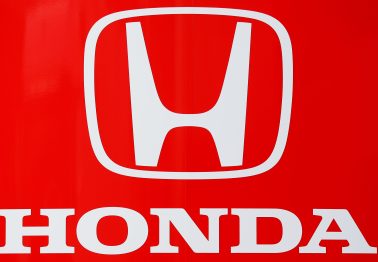IndyCar could quickly find itself in a major hole, and the future of the series may be on the brink. Longtime engine supplier and original equipment manufacturer Honda has recently indicated it might leave behind the sport it has long supported.
Its threats to leave behind the racing sport it has seen so much success in are real. Honda is still on the books for IndyCar until 2026; but after that, there is a big question mark.
IndyCar has long been seeking a third OEM to join Honda and Chevrolet in the series, but its talks and efforts to find a third manufacturer have always died out.
Lotus attempted to make a venture back into the sport in 2012. However, its one-season run didn't help it carry on the long legacy of the brand. It had many problems throughout its lone season in the series and quickly was dumped by IndyCar because of a lack of speed.
Toyota emerged in 2021 in talks of a return to IndyCar, but it appears nothing ever came from those discussions.
That leads to the ultimatum that Honda seems to be giving to IndyCar. The lack of a third OEM has led to higher costs for the existing two OEMs - Honda and General Motors — who are both having to hire more engineers to service the additional teams that have joined IndyCar in recent years, as well as fulfill sponsor obligations at several races throughout the year. Those rising costs is only pushing Honda closer to ultimately departing the sport after 2026.
In an interview with Racer.com, American Honda Motorsports Manager Chuck Schifsky made it very clear that Honda is seriously considering leaving the series if the costs don't come down.
"We have great concerns over the costs," Schifsky said. "If we were to choose not to renew, that would be the reason why. And it's easy to see. We don't have a third manufacturer, and there's a reason for that: It has to do with the cost. If the return on investment matched up with the investment, we'd have a number of other manufacturers involved."
RELATED: Honda Mulls NASCAR Entry
The annual rising costs to supply engines to more than half of IndyCar's full-time field of 27 cars — not to mention supporting 16-18 of the entries each May for the Indianapolis 500 — has pushed Honda to the edge. The brand is now contemplating a future without being involved in the series it has backed since joining IndyCar in 1994.
The concern over rising costs could easily push Honda to leave IndyCar and go to one of its competitors — such as NASCAR, which has plenty of interest in adding a fourth manufacturer.
Adding a third OEM to IndyCar could help change the costs. Schifsky made that point, noting that dropping the number of cars it is supplying engines for by just six or seven would change Honda's outlook dramatically.
"Yes, it would change our outlook quite a bit," Schifsky said. "If you imagine we're now supplying 15 or 16 or 17 cars, if that drops down to say nine or 10, that will definitely reduce our costs and improve the return."
A third manufacturer doesn't quite seem likely on the immediate horizon, however, so IndyCar has some work to do. Or Honda could be out — which, in all honesty, could spell doom for the series.

